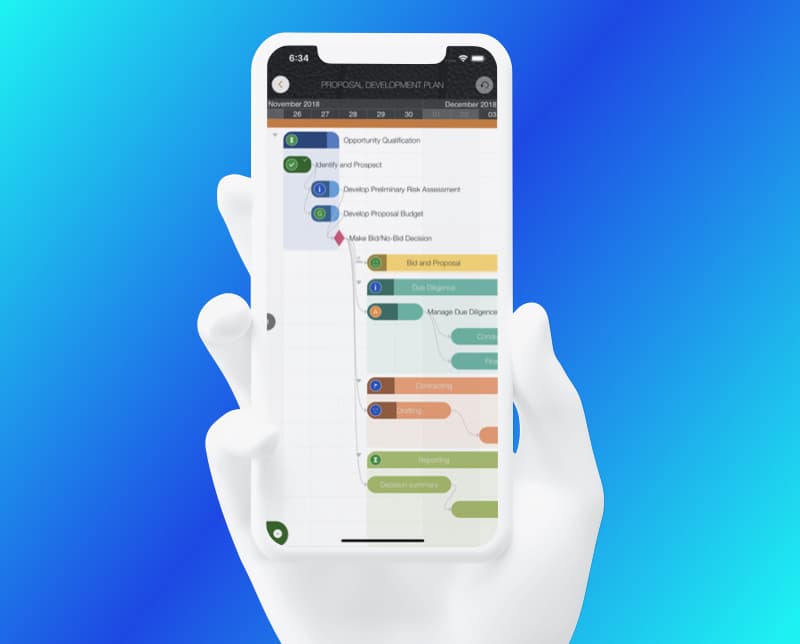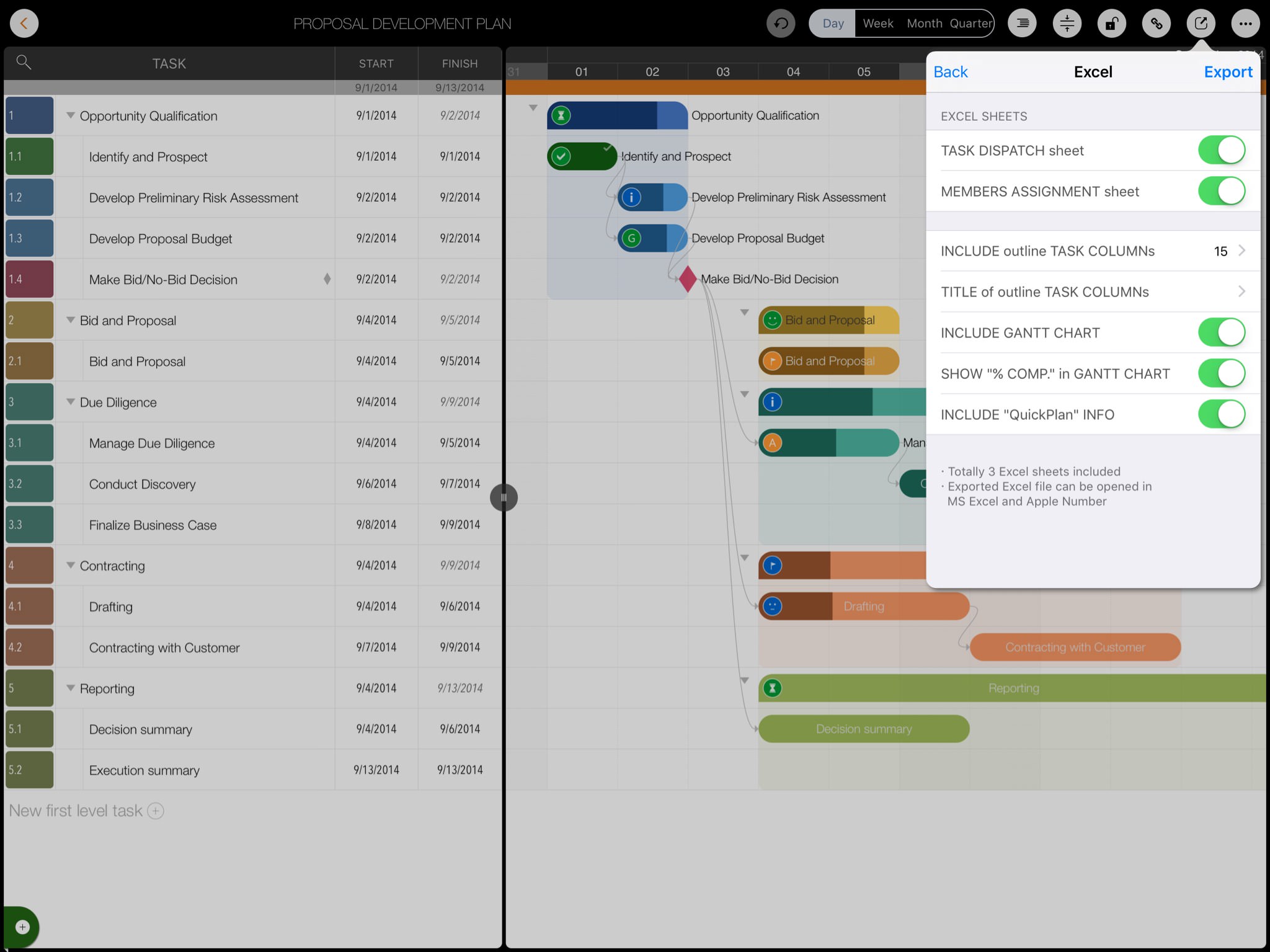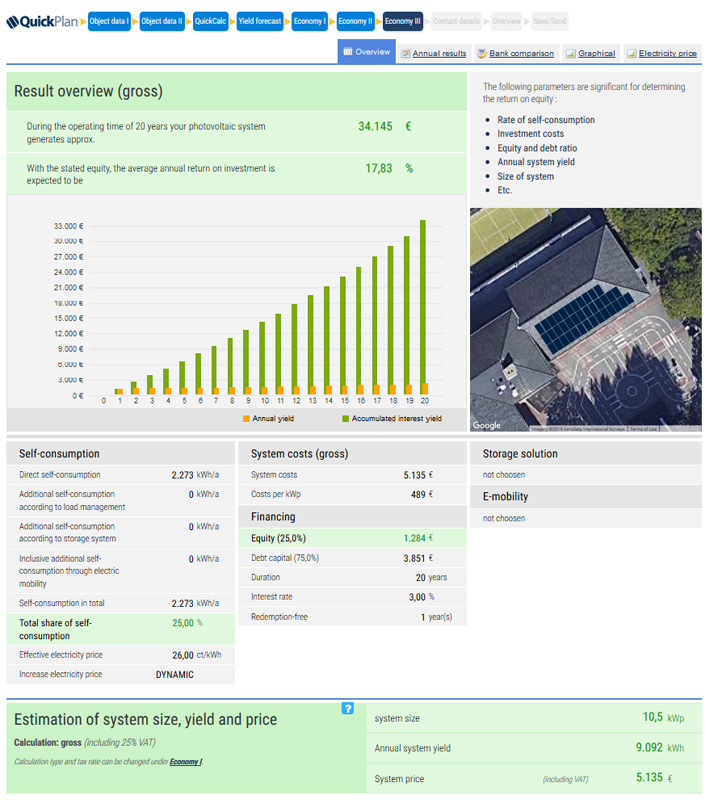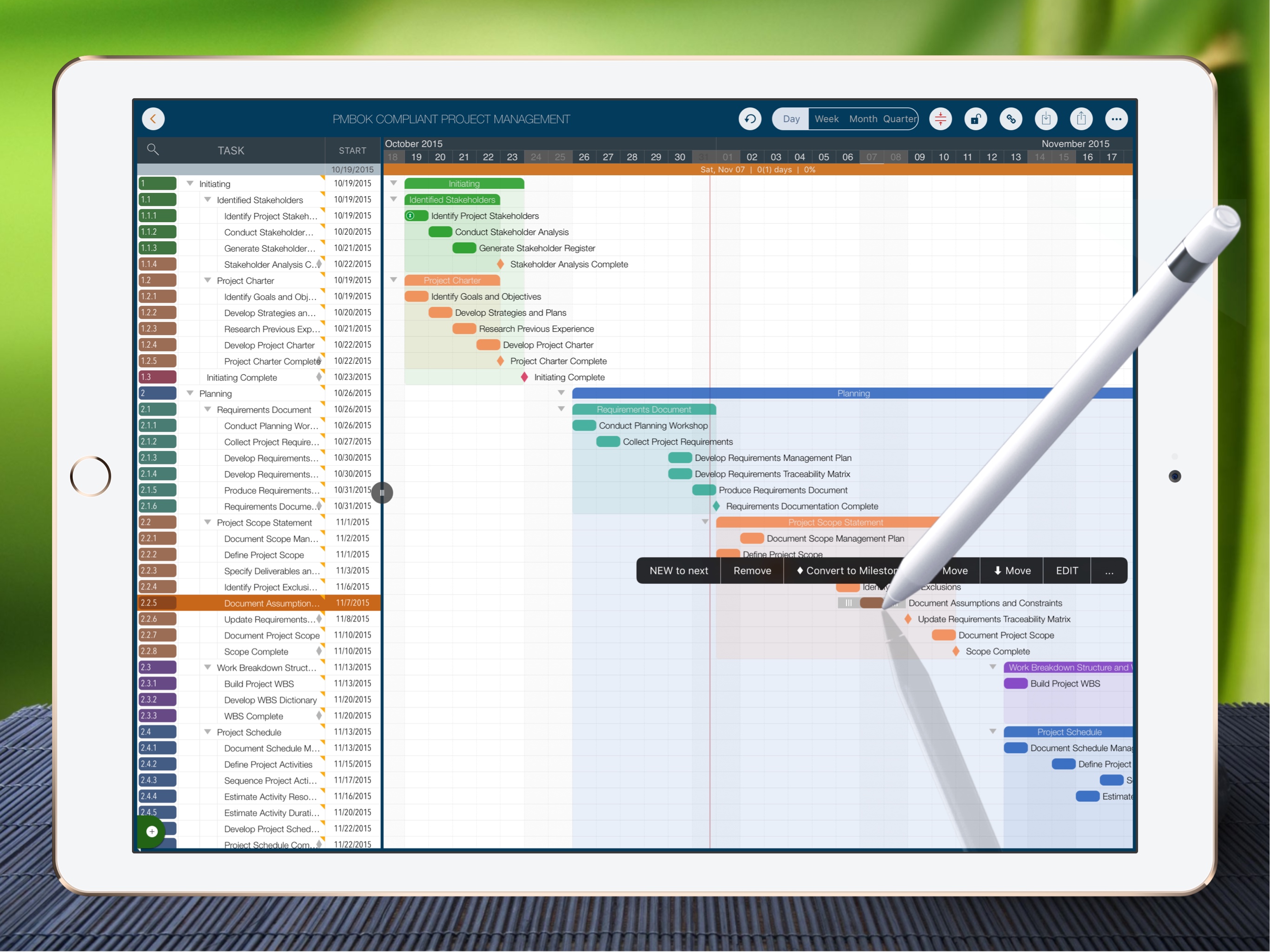

All but 1 faculty member routinely interacted with trainees, with 20 (80%) interacting through didactics, 17 (68%) through mentorship, 17 (68%) in the outpatient setting, 14 (56%) in the inpatient setting and 13 (52%) through research ( table 1).ĭid you test positive for COVID-19 or were you suspected to have COVID-19?ĭo you routinely interact with residents?

Regarding faculty practice experience, four (16%) of the faculty had 1–3 years of practice, nine (36%) had 4–10 years, nine (36%) had 11–20 years and three (12%) had more than 20 years of experience.
Survey quickplan full#
Of the participating faculty, all but one worked full time. Faculty respondents spanned all neurological subspecialties available at HFHS. A total of 25/42 (60%) supervising neurology faculty completed the faculty survey. Survey participation was rather evenly distributed across PGY levels. Trainee surveys were sent to all postgraduate year (PGY) residents and fellows ( table 1). A total of 17/31 (54.8%) of Neurology Department trainees completed the survey. In March 2020 to July 2020, the HFHS Neurology Department had 31 trainees (24 residents, and 7 fellows across 3 subspecialties) and 42 teaching faculty. Participants were electronically consented to take part in the study prior to answering the questions. We also compared level of stress, lecture attendance, and overall satisfaction with the experiences in redeployed vs non-redeployed residents. We queried the faculty with similar questions to survey their opinions on trainees’ well-being and the quality of the medical education they received during COVID-19. Our goal was to assess the trainees’ perception of their well-being, stress level and the effects of changes brought to their education on clinical and didactics grounds during the pandemic. The study protocol was reviewed and approved by the Institutional Review Board of HFHS.

Another survey was sent to all teaching faculty within the Department of Neurology at HFHS. One survey was sent to neurology residents and fellows of all postgraduate year (PGY) levels. The trainees and faculty survey forms and the consent for participation can be found in online supplemental tables 1 and 2, respectively. We conducted two anonymous, voluntary and confidential online surveys using SurveyMonkey from 1 June 2020 to 1 July 2020, intended to inquire about the period stretching from mid-March 2020 to June 2020, which corresponds to the first wave of the pandemic in Michigan.

To our knowledge, this is the first study to objectively report both neurology trainee and teaching faculty perspectives on the challenges faced in education and work conditions during the early COVID-19 response. 4 In this study, we conducted two anonymous surveys: one distributed to our neurology trainees (residents and fellows) and one given to our neurology faculty, to assess and compare their perceptions of trainees’ medical education, clinical experience and well-being during the pandemic. Previously, we described the organised response of our HFHS Department of Neurology response to the pandemic which included putting a moratorium on all ‘non-essential’ rotations, redeploying residents to provide care for patients in overwhelmed COVID-19 units, implementing teleneurology outpatient visits, and shifting to online learning modules and lectures. Across all departments, this response included modifications to residency and fellowship programme routine workflow and didactics in order to comply with social distancing measures and limit the exposure of trainees to confirmed or suspected cases. Henry Ford Health System (HFHS) adopted a quick plan in response to the severity of the situation and the increased number of patients afflicted with COVID-19. 3 The state of Michigan, and particularly the Detroit metropolitan area, rose as one of the ‘hot spots’ in the country with a steep surge in the number of cases beginning in early March 2020. 1 2 These challenges mandated a quick and effective response to transform traditional educational methods while introducing novel methods for teaching and learning. In addition to the increased need for material and human resources, the pandemic presented practical and logistical challenges that disrupted medical education and training. The COVID-19 pandemic has changed healthcare systems across the USA and the world.


 0 kommentar(er)
0 kommentar(er)
